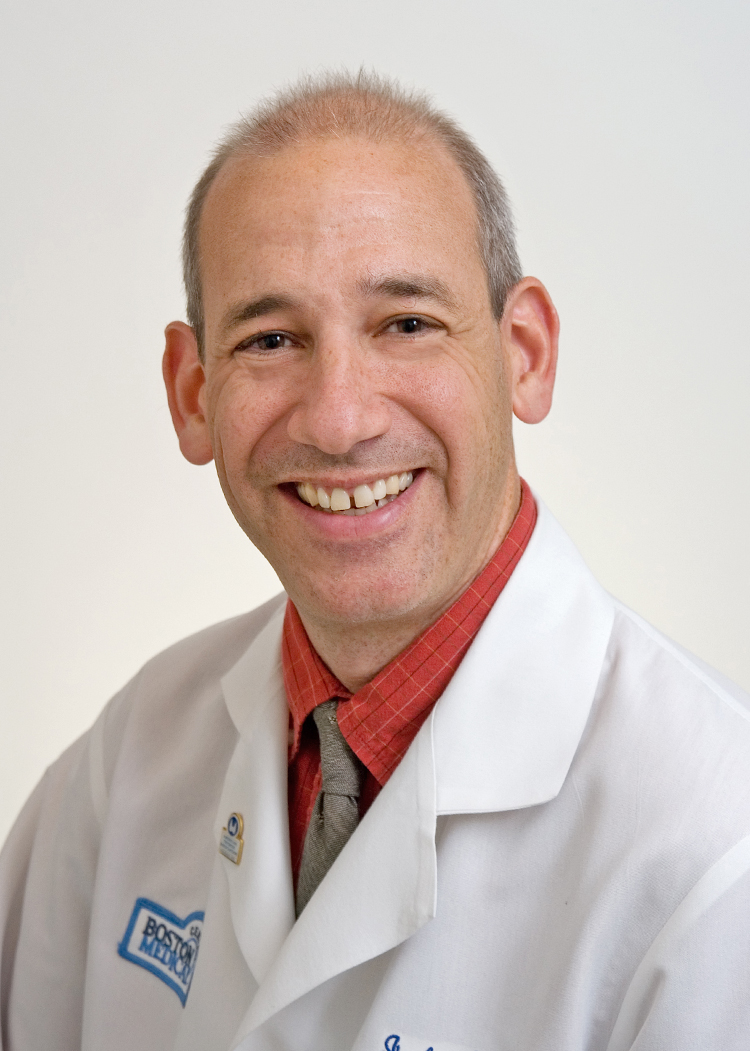
As an endocrinologist, Joshua Safer, MD, FACP, was by his own account a “thyroid guy.” But when a physician colleague left in 2004, he inherited a panel of transgender patients who required specialized hormone therapy. It would become Safer’s introduction to transgender medical care. Back then, there was little to no training to prepare physicians to treat people with gender identity issues.
As a leader in treating the city’s most disenfranchised citizens, Boston Medical Center has a long history pro-viding pioneering care for transgender patients. From hormone therapy to facial feminization surgery, physicians and surgeons across the campus had been treating transgender individuals for years. Medical understanding of the biological groundings of transgender issues has greatly evolved over the past decade, yet specialized medical training and treatment protocols are still in their infancy. According to a recent survey, nearly one third of transgender people avoid medical care for fear of being discriminated against.
Wanting to provide the best possible care for his patients, Safer immersed himself in research to learn more about transgender health care. He publicly advocated for better medical training surrounding these issues and realized that if he wanted progress, he would have to forge ahead himself. When Massachusetts became the third state in the nation to insure transgender medical care, including gender-affirming surgeries, Safer saw the opportunity to bring the hospital’s specialists under one umbrella and create BMC’s Center for Transgender Medicine and Surgery.
“What we are doing is fitting transgender care in to the usual framework for providing care, which is an enormous improvement,” explains Safer, who is now medical director for the center. “For example, gender-affirming surgeries typically take place in stand-alone clinics. Surgeries that take place here will benefit from all the support services that a major academic medical center can provide.
”Not only can transgender patients receive state-of-the-art gender-affirming care in the form of counseling, hormones and surgeries, but also when other health issues arise, physicians can refer their patients to specialists within the hospital network. Centralizing care delivery will go a far way to diminish the stigma and discomfort many transgender people feel in a health care setting.
The genesis of the center goes well beyond improving care for cur-rent patients. As an academic medical center, physician-educators are creating curricula and training the next generation of specialists to address the specific health concerns of transgender patients. “We have students at all levels rounding with surgery, adolescent medicine, endocrinology, urology among other specialties. Now they will be learning about transgender care protocols alongside other routine procedures,” says Safer.
The center is also collecting data from study participants to help address the critical lack of knowledge regarding the long-term health outcomes of transgender care. The goal is to build a research bank that will better inform medical care practices for transgender individuals nationwide. With its focus on centralization, BMC’s Center for Transgender Medicine and Surgery is positioned to help close the health care gap for the transgender community. Of equal importance, the center’s focus on education and research promises to help improve care for future generations.